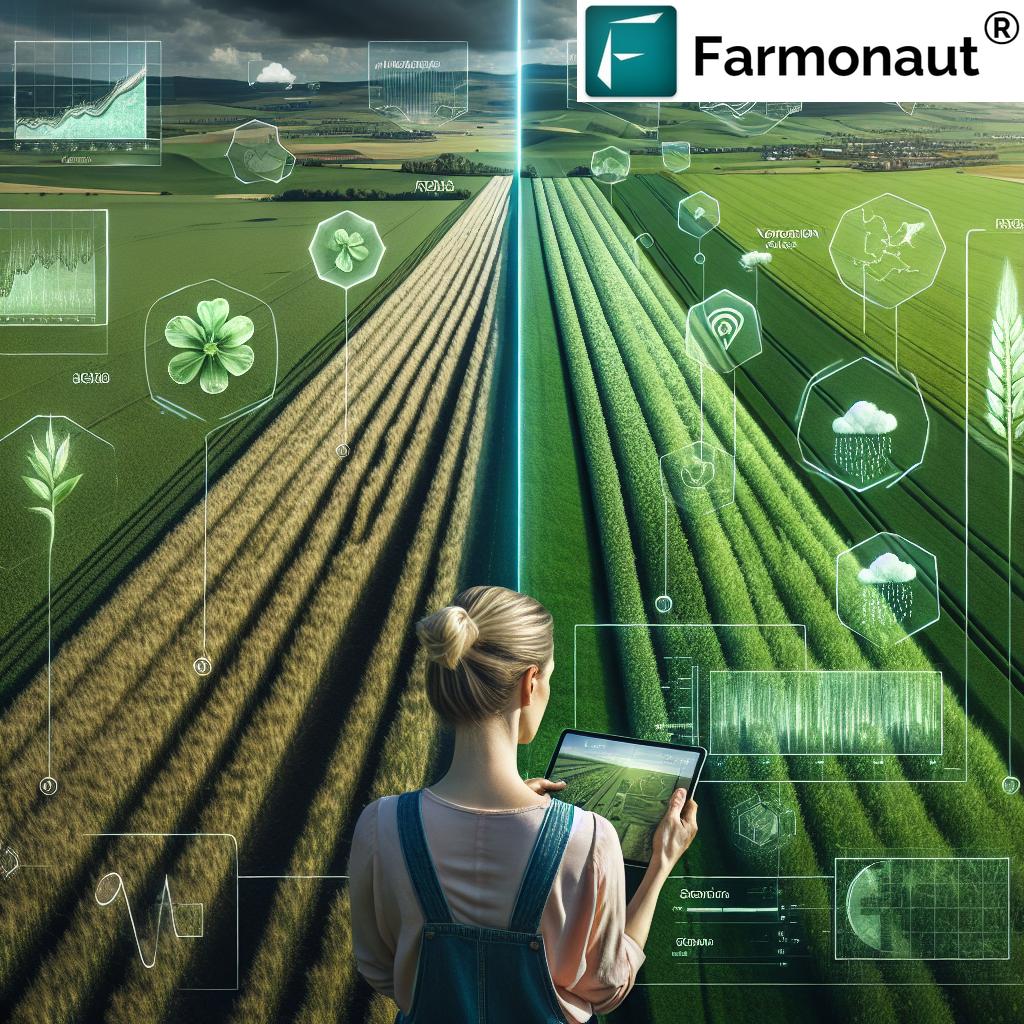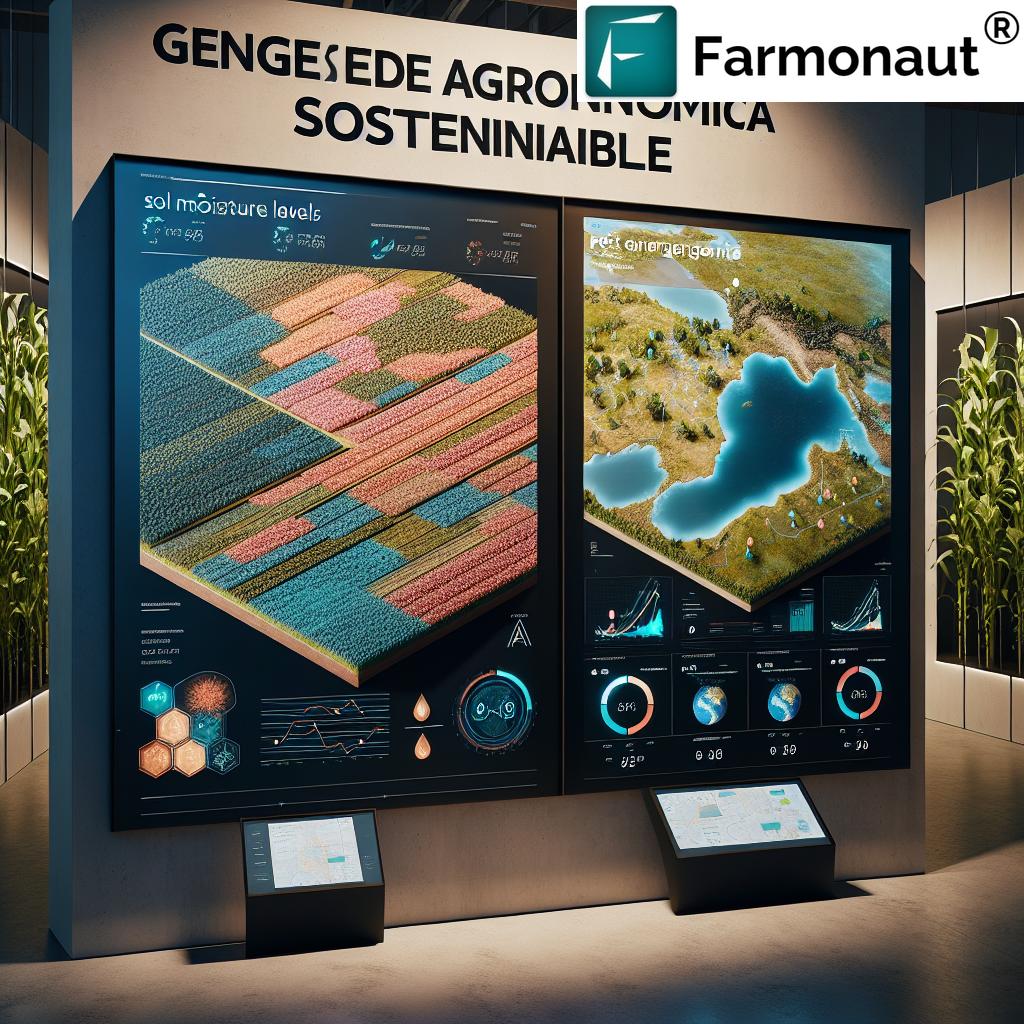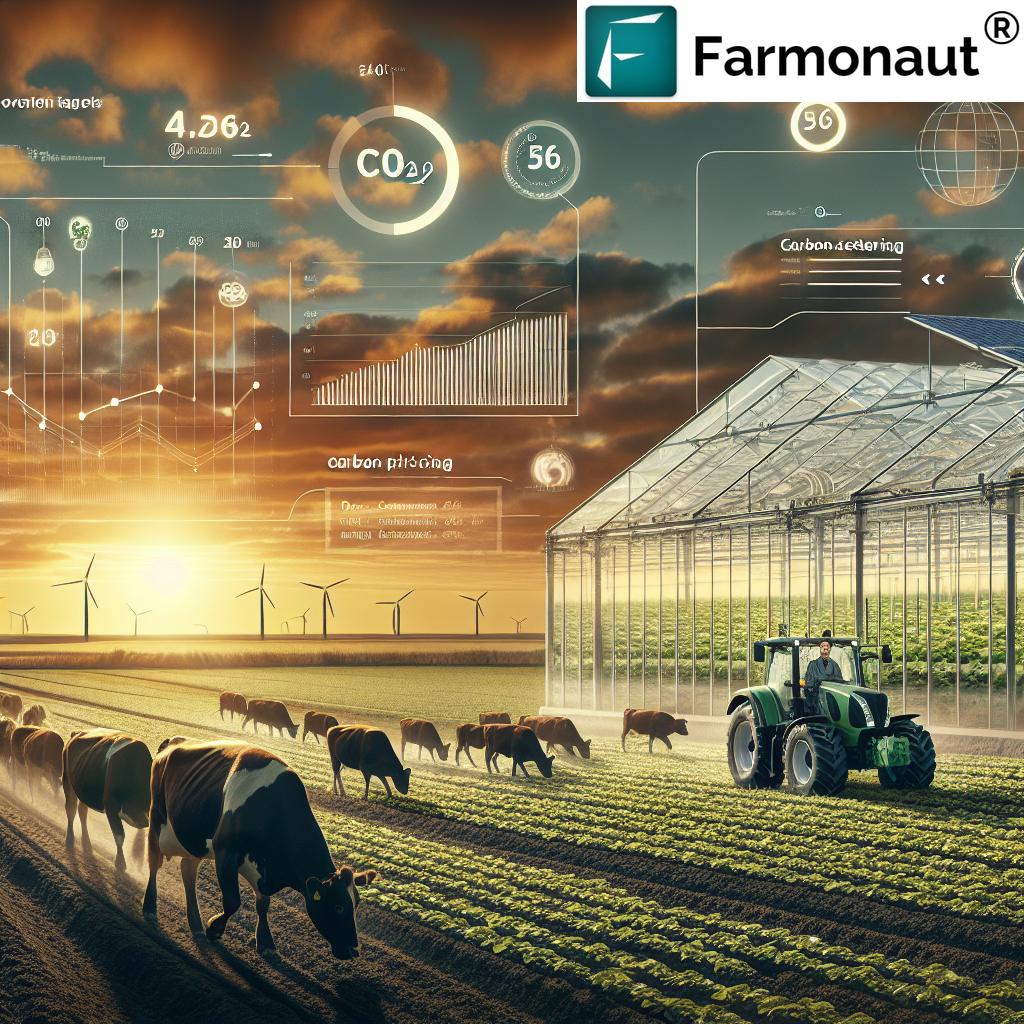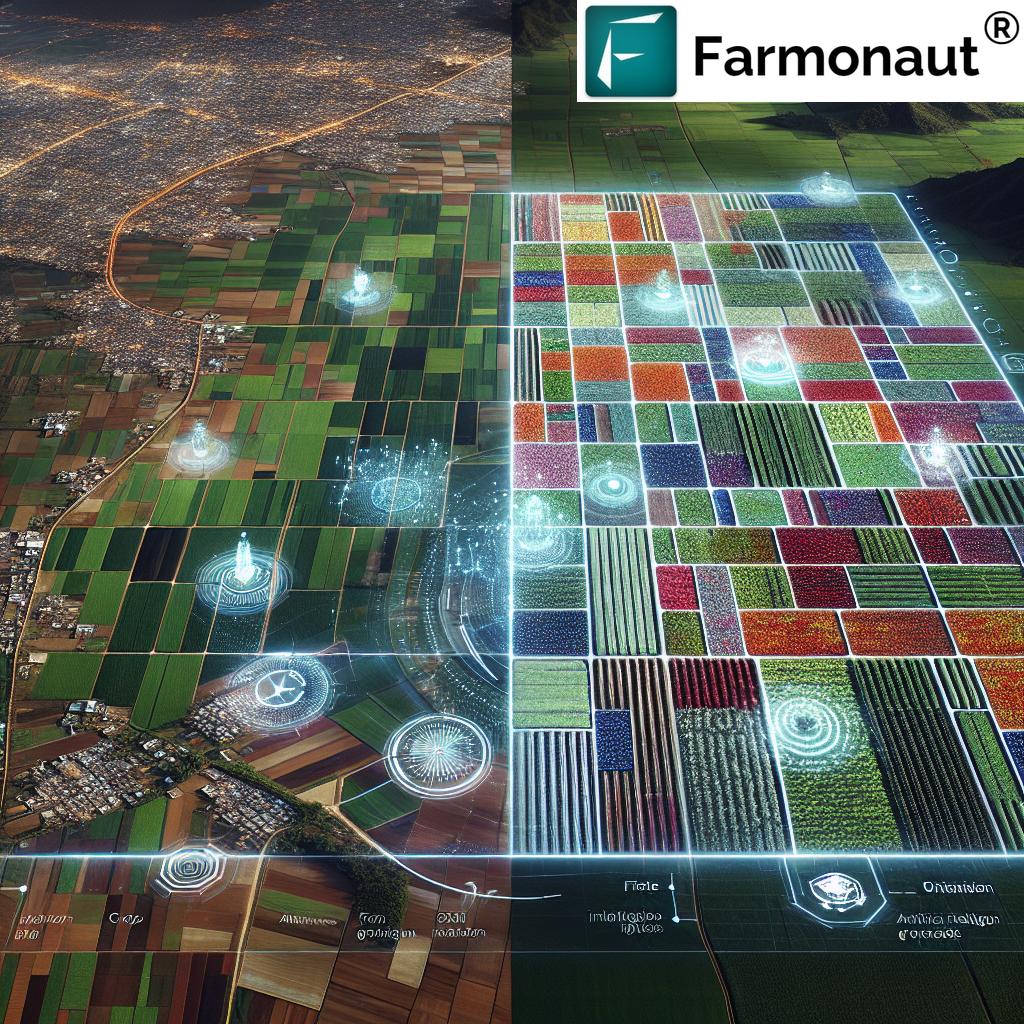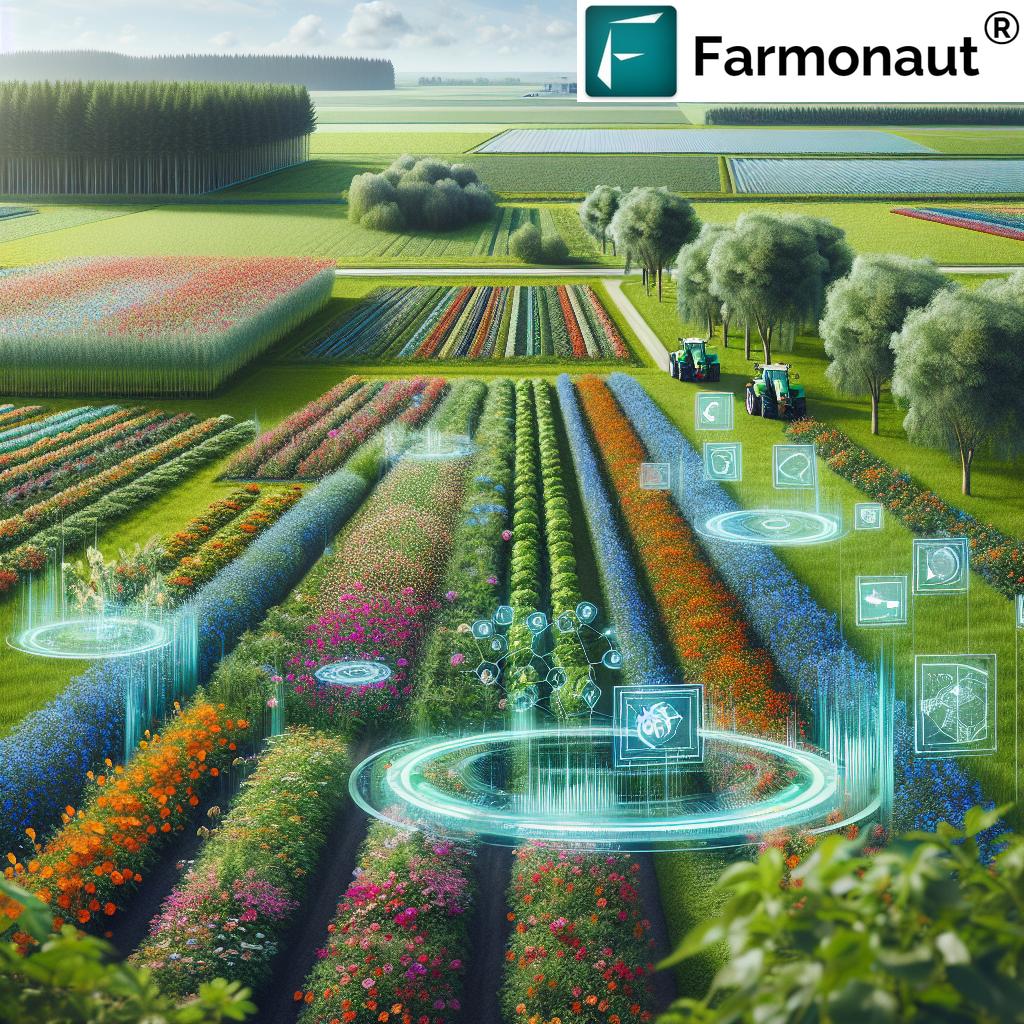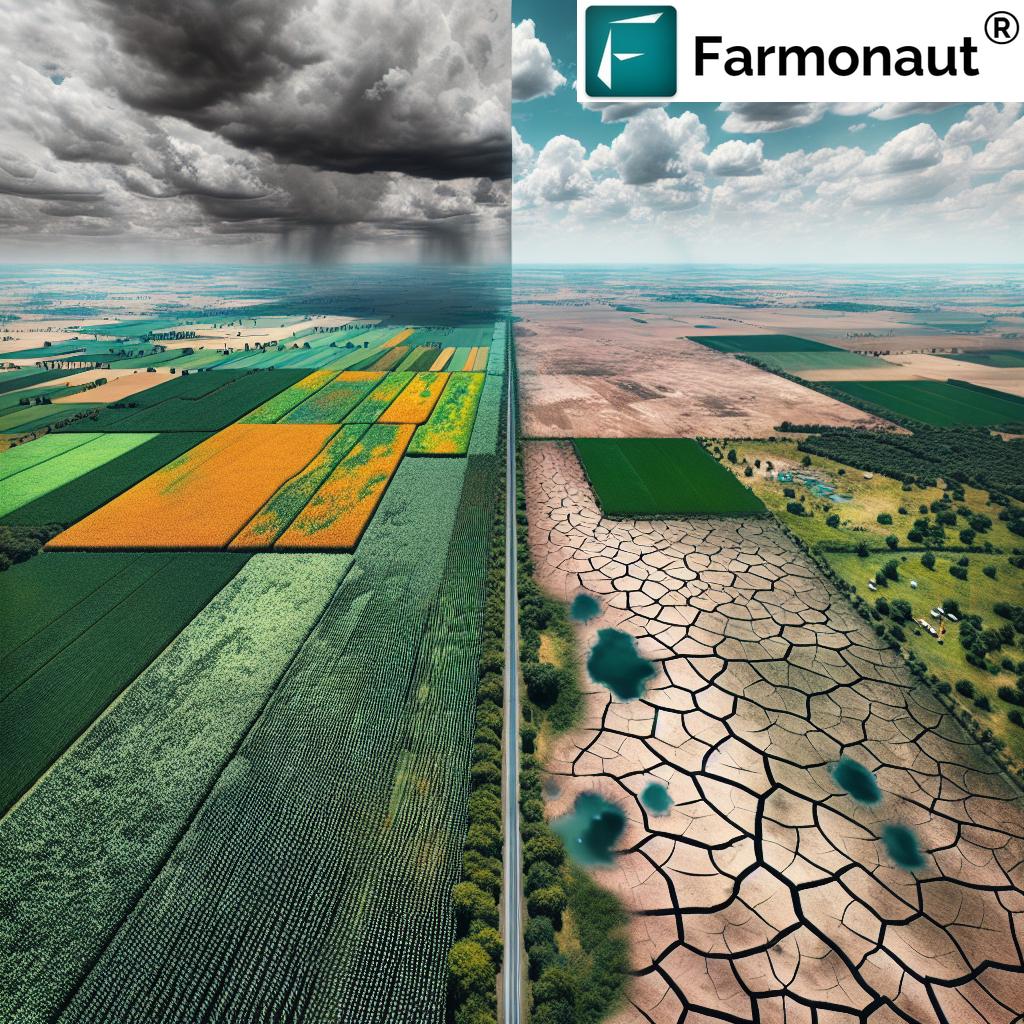Navigating Italian Agricultural Land Laws: A Comprehensive Guide for Foreign Buyers in Rome and Frosinone

“In Italy, neighboring landowners have the right of first refusal when agricultural land is sold, affecting 100% of rural property transactions.”
Welcome to our comprehensive guide on navigating the intricate world of Italian agricultural land laws, with a special focus on foreign buyers interested in the picturesque regions of Rome and Frosinone. As we delve into the complexities of rural property ownership in Italy, we’ll equip you with the knowledge and insights necessary to make informed decisions about your countryside real estate investments.
Whether you’re dreaming of owning olive groves nestled in the rolling hills or envisioning a rustic farmhouse surrounded by fertile fields, understanding the legal landscape is crucial. In this guide, we’ll explore the nuances of Italian property laws, the unique challenges faced by foreign investors, and the essential steps to secure your slice of Italian paradise.
Understanding Italian Agricultural Land Ownership
When it comes to agricultural land ownership in Italy, foreign buyers must navigate a complex web of regulations and cultural norms. The Italian countryside, with its patchwork of fields, orchards, and vineyards, is not just a picturesque landscape but also a highly regulated environment when it comes to property transactions.
- Agricultural land is subject to specific laws designed to protect local farming communities and preserve traditional agricultural practices.
- Foreign ownership of agricultural land is permitted, but comes with additional scrutiny and requirements.
- The concept of “right of first refusal” plays a significant role in rural property transactions.
To illustrate the importance of understanding these laws, let’s consider the case of Richard Greene, a London retiree whose experience serves as a cautionary tale for potential foreign buyers.
The Case of Richard Greene: A Lesson in Due Diligence
Richard Greene’s journey to owning a piece of Italian countryside began with a €70,000 (£57,000) purchase of agricultural land near Rome, in the province of Frosinone. Enchanted by the beauty of Atina village, Greene envisioned building his dream home amidst the picturesque surroundings. However, his lack of awareness regarding local laws led to unexpected complications.
Unbeknownst to Greene at the time of purchase, Italian law grants neighboring landowners, including distant relatives, the right of first refusal on agricultural land sales. This oversight put his newly acquired property at risk and highlighted the critical need for thorough research and legal guidance when investing in rural Italian real estate.
Key Legal Requirements for Agricultural Land Purchase
To avoid situations like Greene’s, it’s essential to understand the key legal requirements for purchasing agricultural land in Italy. Here are some of the most crucial aspects:
- Right of First Refusal: Neighboring landowners must be given the opportunity to purchase the land before it can be sold to an outside party.
- Land Use Regulations: Agricultural land often comes with restrictions on how it can be used or developed.
- Legal Documentation: Extensive paperwork is required, including proof of the land’s agricultural status and history.
- Local Authority Approval: Depending on the region, additional approvals may be needed from local agricultural boards or committees.

The Importance of Legal Expertise
Given the complexities of Italian property laws, especially concerning agricultural land, engaging a knowledgeable lawyer is not just advisable—it’s essential. A legal expert familiar with agricultural property rights can:
- Navigate the intricacies of local regulations
- Ensure all necessary steps are taken to secure your purchase
- Liaise with local authorities and neighboring landowners
- Help you understand your rights and obligations as a landowner
In Greene’s case, hiring a lawyer was a turning point. Although time-consuming and expensive, this step was crucial in resolving the legal challenges he faced.
Navigating the Right of First Refusal
The right of first refusal is a cornerstone of Italian agricultural land laws. This provision ensures that local farming communities have the opportunity to maintain their agricultural heritage. For foreign buyers, understanding and properly navigating this requirement is crucial.
Steps to Address the Right of First Refusal:
- Identify Neighboring Landowners: Work with local resources to identify all potential parties who may have a claim.
- Formal Notification: Legally notify these parties of the intended sale.
- Waiting Period: Allow for the statutory period during which neighbors can express interest.
- Negotiation: If interest is expressed, be prepared to negotiate or potentially lose the sale.
- Documentation: Obtain formal releases from all relevant parties if they choose not to exercise their right.
In Greene’s situation, this process took nearly a year and involved paying compensation to neighboring families to relinquish their claims, totaling an additional €6,000.
Understanding Land Use and Development Restrictions
When purchasing agricultural land in Italy, it’s crucial to understand that the property may come with significant restrictions on how it can be used or developed. These restrictions are designed to preserve the agricultural character of rural areas and prevent unchecked urbanization.
Common Restrictions Include:
- Limitations on building new structures
- Restrictions on changing the land’s primary use from agricultural to residential or commercial
- Requirements to maintain certain agricultural activities
- Preservation of historic or culturally significant features on the property
Before making a purchase, it’s essential to thoroughly research these restrictions and understand how they might impact your plans for the property. This is where tools like those offered by Farmonaut can be invaluable, providing insights into land quality and potential crop yields that can inform your decision-making process.
Comparative Analysis: Rome vs. Frosinone
When considering agricultural land purchase in Italy, it’s important to understand that regulations and requirements can vary between regions and even municipalities. Let’s compare the key aspects of purchasing agricultural land in Rome and Frosinone:
| Requirement/Consideration | Rome | Frosinone |
|---|---|---|
| Minimum land size requirements | Generally larger due to urban proximity | Smaller parcels may be available |
| Right of first refusal regulations | Strictly enforced | Enforced, but potentially more flexible |
| Legal documentation needed | Extensive, including urban planning certificates | Standard agricultural land documentation |
| Estimated processing time | 6-12 months | 3-6 months |
| Agricultural activity obligations | Strict requirements to maintain agricultural use | More flexibility in land use |
| Property tax rates (estimated) | Higher due to proximity to Rome | Generally lower |
| Restrictions on land use changes | Very restrictive | Moderately restrictive |
| Local authority approvals required | Multiple levels of approval needed | Fewer bureaucratic layers |
This comparison highlights the importance of considering location-specific factors when planning your agricultural land purchase in Italy. While Rome may offer prestige and potentially higher property values, Frosinone might provide more flexibility and a smoother purchasing process.
The Role of Technology in Agricultural Land Investment
In today’s digital age, technology plays a crucial role in making informed decisions about agricultural land investments. Tools like those provided by Farmonaut can offer valuable insights into land quality, crop potential, and environmental factors that may impact your investment.
Benefits of Using Agricultural Technology:
- Satellite-based crop health monitoring for assessing land potential
- AI-driven advisory systems for optimal land use planning
- Precision agriculture techniques to maximize yield and efficiency
- Resource management tools for sustainable farming practices
By leveraging these technologies, foreign buyers can gain a more comprehensive understanding of the agricultural land they’re interested in, complementing legal and local knowledge with data-driven insights.
“Foreign investors navigating Italian agricultural land laws face at least 5 major challenges, including local regulations and potential compensation claims.”
Overcoming Challenges in International Agricultural Investment
Investing in agricultural land as a foreign buyer in Italy comes with its unique set of challenges. Being aware of these potential pitfalls can help you navigate the process more smoothly:
1. Language Barriers
Legal documents and negotiations are often conducted in Italian. Ensure you have reliable translation services or a bilingual lawyer to avoid misunderstandings.
2. Cultural Differences
Understanding local customs and business practices is crucial. Building relationships with local communities can facilitate smoother transactions.
3. Bureaucratic Complexity
Italy’s bureaucracy can be notoriously complex. Patience and persistence are key when dealing with multiple layers of administration.
4. Unexpected Costs
As seen in Greene’s case, be prepared for additional expenses such as compensation to neighboring landowners or unforeseen legal fees.
5. Changing Regulations
Agricultural policies and land use regulations can change. Stay informed about local and national policy developments that might affect your investment.
To navigate these challenges effectively, consider utilizing resources like Farmonaut’s mobile app or API services to stay updated on land-related data and insights.
Essential Steps for Securing Your Italian Countryside Investment
To ensure a successful agricultural land purchase in Italy, follow these essential steps:
- Thorough Research: Understand the local market, regulations, and potential of the land.
- Legal Representation: Engage a knowledgeable Italian lawyer specializing in agricultural property.
- Due Diligence: Conduct comprehensive checks on the property’s legal status and restrictions.
- Local Connections: Build relationships with local authorities and neighboring landowners.
- Financial Planning: Budget for additional costs beyond the purchase price.
- Compliance Check: Ensure all necessary permits and approvals are in order.
- Future Planning: Consider long-term land use and development possibilities within legal constraints.
By following these steps and leveraging technological tools like those offered by Farmonaut, you can navigate the complexities of Italian agricultural land laws with greater confidence and success.
Leveraging Technology for Informed Decision-Making
In the modern era of agricultural investment, technology plays a pivotal role in making informed decisions. Platforms like Farmonaut offer invaluable tools for assessing land quality, monitoring crop health, and optimizing agricultural practices. Here’s how you can leverage these technologies in your Italian land investment journey:
- Satellite-Based Crop Monitoring: Use Farmonaut’s satellite imagery to assess the current health and potential of crops on the land you’re considering.
- AI-Driven Insights: Leverage artificial intelligence to get personalized recommendations on land use and crop selection.
- Historical Data Analysis: Access historical land use and crop yield data to make more informed investment decisions.
- Resource Management Tools: Utilize Farmonaut’s resource management features to plan for efficient and sustainable farming practices.
By integrating these technological solutions into your investment strategy, you can gain a competitive edge and make more informed decisions about agricultural land purchases in Italy.
Explore Farmonaut’s solutions:
Sustainable Farming Practices in Italy
When investing in agricultural land in Italy, it’s important to consider sustainable farming practices. Not only do these practices align with global environmental goals, but they can also enhance the long-term value of your investment. Here are some key aspects of sustainable farming in the Italian context:
- Organic Farming: Italy is a leader in organic agriculture, with a growing market for organic products.
- Water Conservation: Implementing efficient irrigation systems is crucial, especially in drier regions.
- Biodiversity: Maintaining diverse crops and natural habitats can improve soil health and pest resistance.
- Traditional Methods: Many Italian farming practices are inherently sustainable, having been refined over centuries.
Farmonaut’s technology can assist in implementing these sustainable practices by providing data-driven insights into resource management and crop health. For more information on how technology is shaping sustainable agriculture, check out this informative video:
Financial Considerations for Foreign Buyers
Investing in Italian agricultural land involves several financial considerations that foreign buyers should be aware of:
- Purchase Costs: Beyond the land price, budget for notary fees, taxes, and potential compensation to neighboring landowners.
- Ongoing Expenses: Consider property taxes, maintenance costs, and potential agricultural subsidies.
- Currency Exchange: Be aware of exchange rate fluctuations when budgeting for your investment.
- Financing Options: Explore both Italian and international financing options for agricultural land purchases.
- Tax Implications: Understand the tax obligations for foreign property owners in Italy, including potential benefits for agricultural businesses.
For a comprehensive understanding of the financial aspects of your investment, consider consulting with financial advisors familiar with Italian agricultural property laws and international investment regulations.
Building Your Italian Farming Dream
As you embark on your journey to own a piece of Italian agricultural land, remember that this investment is not just about property ownership—it’s about becoming part of Italy’s rich agricultural tradition. Whether you’re planning to cultivate olive groves, establish a vineyard, or simply enjoy the rustic charm of a countryside property, your investment contributes to the preservation and evolution of Italy’s rural landscape.
By leveraging legal expertise, embracing technological tools like those offered by Farmonaut, and approaching your investment with patience and diligence, you can navigate the complexities of Italian agricultural land laws and realize your dream of owning a piece of Italian countryside.
Frequently Asked Questions
Q: Can foreigners own agricultural land in Italy?
A: Yes, foreigners can own agricultural land in Italy, but they must comply with specific regulations, including the right of first refusal for neighboring landowners.
Q: What is the right of first refusal in Italian land law?
A: The right of first refusal gives neighboring landowners the priority to purchase agricultural land before it can be sold to outside parties, including foreign buyers.
Q: How long does the process of purchasing agricultural land in Italy typically take?
A: The process can take anywhere from 3 to 12 months, depending on the location and complexities involved in addressing the right of first refusal and obtaining necessary approvals.
Q: Are there restrictions on how I can use agricultural land in Italy?
A: Yes, there are often restrictions on changing the land’s primary use from agricultural to residential or commercial. It’s important to understand these restrictions before purchasing.
Q: Do I need a lawyer to purchase agricultural land in Italy?
A: While not legally required, it is highly recommended to engage a lawyer familiar with Italian agricultural property laws to navigate the complex legal landscape and protect your interests.
As we conclude this comprehensive guide to navigating Italian agricultural land laws for foreign buyers in Rome and Frosinone, we hope you feel more equipped to embark on your journey of Italian rural property ownership. Remember, while the process may seem daunting, the rewards of owning a piece of Italy’s beautiful countryside are immeasurable. With careful planning, expert guidance, and the right technological tools, your dream of Italian agricultural land ownership can become a reality.
For more information on how Farmonaut’s technology can assist in your agricultural land investment journey, visit our API Developer Docs or explore our mobile apps for Android and iOS.





